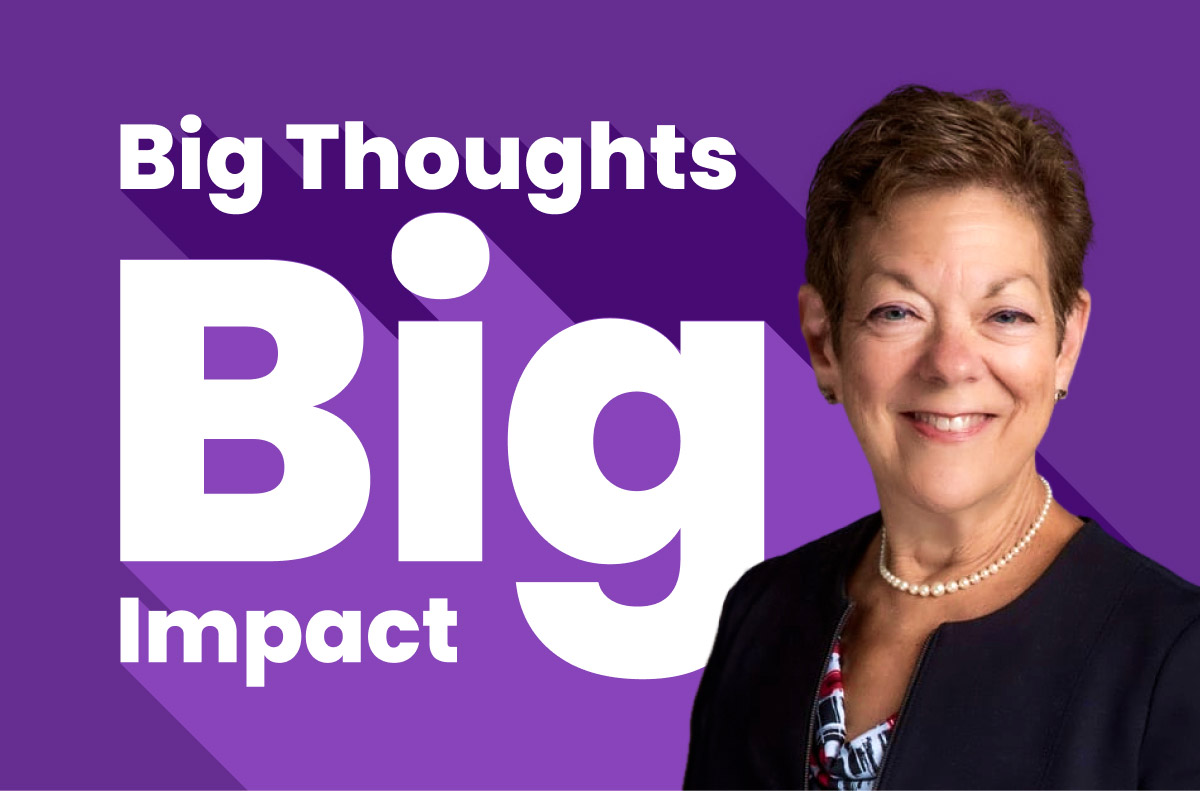News & Stories

January 15, 2025
The Power of Mentoring: Guiding the Next Generation
Mentoring has become a key focus in both nonprofit and corporate sectors. As the world grows more complex, young people entering the workforce—and even seasoned employees—benefit from structured guidance. Beyond professional settings, mentoring plays a vital role in personal growth and ultimately breaking cycles of poverty.
At Think Big for Kids, mentoring is central to its mission of helping teens and young adults prepare for the workforce by developing a career plan. By offering advice, resources and connections, mentors boost confidence and self-worth in their mentees, setting them on a path to success. A good mentor helps young people see their potential, navigate challenges, and develop critical thinking skills essential for career and personal growth.
A Collaborative Approach
Effective mentoring is built on trust. Whether through formal programs or informal connections, mentors provide institutional knowledge while encouraging fresh perspectives. Open dialogue, questioning and exploration help build meaningful relationships based on respect and understanding. Asking tough questions is essential, as it fosters growth and drives positive outcomes.
Mentoring is not a one-size-fits-all process. Each mentor-mentee relationship is unique, shaped by individual needs, experiences and goals. A strong mentoring partnership should be adaptable, allowing both participants to learn from one another.
A Real-World Approach from Think Big for Kids
Cindi Jacobsen, Director of Programs for Think Big for Kids, highlights the uniqueness of each mentor-mentee relationship. “There’s no perfect formula for mentoring,” she notes. Every pairing requires a tailored approach, beginning with introductions, setting expectations, regular check-ins and defining success metrics.
Establishing a personalized career development plan ensures flexibility to adapt as needs evolve. Success starts with clear goals, accountability and a shared vision. Without these, tracking progress becomes difficult.
“Mentors need to move slowly,” Jacobsen advises. “We have to remember that our mentees are young adults – really just kids in so many instances. Many have been through personal and family challenges. We need to provide the tools and resources they will need when they enter the work force as employees. They need patience, sensitivity and active listening from their mentors.”
While challenges may seem overwhelming, mentors can introduce fresh perspectives and solutions that mentees may not have considered. The role of a mentor is not to provide all the answers but to help mentees think critically and develop confidence in their decision-making.
Keys to Effective Mentoring
There is no single “right way” to mentor, but some guiding principles can improve the experience and help the mentee successfully form and navigate their career goals:
- Consistency – Commit to regular interactions.
- Open Communication – Foster honest dialogue.
- Active Listening – Understand before offering advice.
- Defined Expectations – Clarify goals and roles.
- Flexibility – Adjust the approach as needed.
- Encouragement – Celebrate progress and small wins.
Mentoring is a powerful tool for personal and professional growth. When done right, it not only benefits the mentee but also enriches the mentor’s life. By following these principles, both mentors and mentees can build rewarding relationships that lead to long-term success.
Interested in becoming a Think Big mentor? Please complete this form, and someone from the Think Big team will be in touch.
